a MSCA fellowship
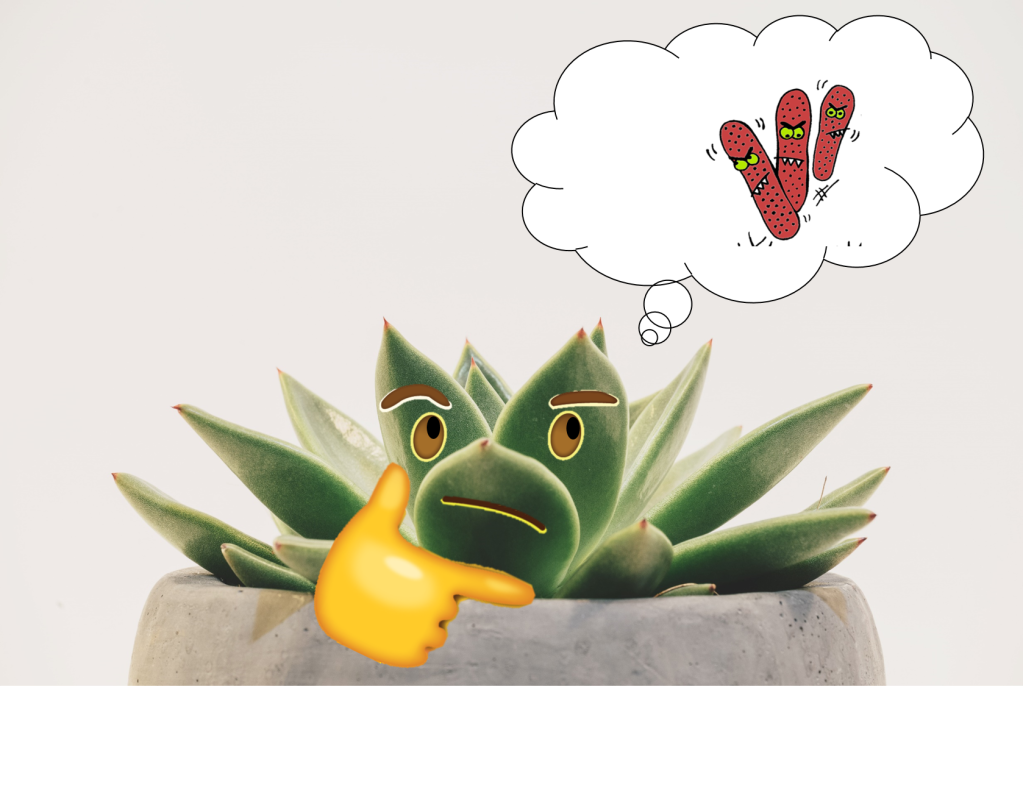
Deciphering the role of oxylipins in the epigenetic mechanisms controlling plant immunization.
EPILIPIN is a research project, which started as a Marie Curie Intra European Fellowship, funded by the European Commission (16th of January 2018 to 24th September 2019). The idea of the project was born through the collaboration between Prof. Carmen Castresana (a consolidated world-leading expert in plant oxylipins) and Dr. Ana López Sánchez (this is me 🙂 and I basically love epigenetics and plant defence).
Why is this project important?
Reducing crop losses caused by pests and diseases is absolutely necessary to feed the increasing world population, but in the past, the use of pesticides increased soil degradation and accelerated climate change. As a result, international entities such as the European Union are promoting the search for alternative strategies. Experts point to “plant immunization” or priming, as the safest and most effective approach to boost the endogenous plant immune system. After a first infection plants respond more effectively against a second pathogen encounter, what is known as priming. This suggests that the first induction of defences could potentially be ‘remembered’ by the whole plant in order to better respond to subsequent attacks in an adverse environment.
Yes! Plants can remember things probably better than me!
In the past decades, different priming processes have been described in terms of durability of the first stimulus memory, being ‘remembered’ from short to long periods of time, and in specific cases, transmitted even to the next generation of plants, which is known as Transgenerational Acquired Resistance (TAR).
Here is when everybody pictures Lamarck laughing in his grave…
Unfortunately, deeper knowledge of the involved mechanisms is needed for its application in crop protection. In this context, the plant intracellular cascade occurring between the perception of the pathogen and the fingerprinting of the stress memory still uncertain. Epigenetic mechanisms and oxylipin pathways are involved in priming processes but their specific contribution as well as the relationship between these two pathways had not been addressed to date. In order to fill this gap in our knowledge, we are carrying out an ambitious project using the unique genetic and molecular tools available in the model plant Arabidopsis thaliana to analyse first the role of oxylipin natural compounds in different priming processes and then, to study the relationship between both molecular pathways to delineate plant defence mechanisms and priming.
An unexpected role of mitochondria:
The organell considered “the powerhouse of the cell”https://www.youtube.com/watch?v=uSlEmBeHlgg)
Along the progression of the project, taking together different results produced in the group and the last advances in the field, we found increasing evidence pointing to an important role of mitochondria in the oxilipin signalling pathway. Given that a) oxylipin signalling involves mitochondrial changes, b) oxylipin defective mutants are altered in mitochondrial proteins and c) the production of methyl-groups donors for epigenetic marks partially take place at the mitochondria; we developed a working model in which the signalling triggered by the pathogen recognition and mediated by oxylipins, would induce mitochondrial changes affecting the deposition of the epigenetic marks underlying the memory of the stress (priming).
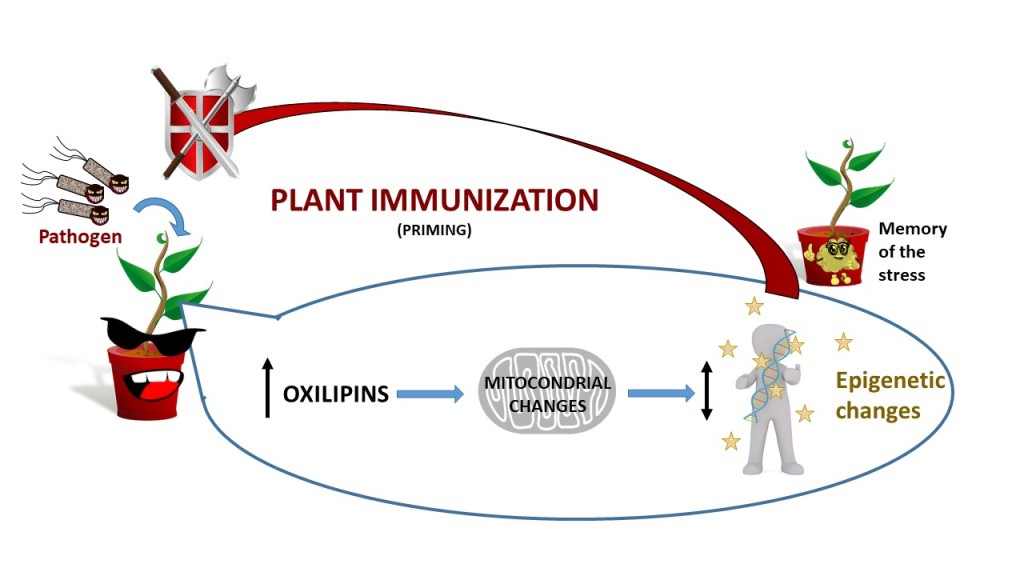
First results of the project:
“Unravelling the intracellular cascade mediating epigenetic memory of the stress”
Our results so far demonstrate that specific oxylipins and related proteins are required for plant immune priming, the most promising target for the development of alternative, hopefully more sustainable, crop protection strategies, one of the priorities of the European Union. In addition, beyond our first ambitions, the data obtained in the context of the last advances in the field, allowed us to place the mitochondria in a central position of the intracellular signalling cascades mediating epigenetic memory of the stress.
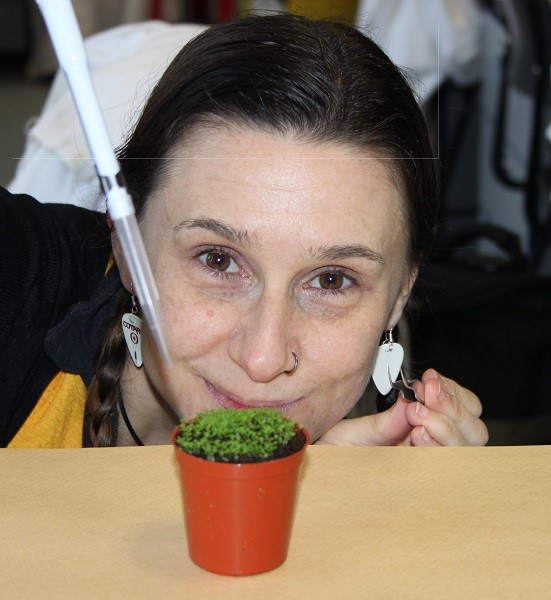
This is me:
Dr. Ana López Sánchez
After a PhD in Spain, an EMBO fellowship in the USA and a postdoctoral position in the UK, I am currently a Marie Curie fellow (Spain). Passionate about epigenetics, my PhD represented one of the first works reporting the role of DNA methylation in plant defence and priming. Nowadays, I am still fascinated about the complexity of the epigenetic mechanisms and the importance of its understanding.
Please have a look to my Publons profile:https://publons.com/researcher/1649193/ana-lopez-sanchez/
The project has been hosted and supervised by Prof. C. Castresana
Many thanks to our supporters:



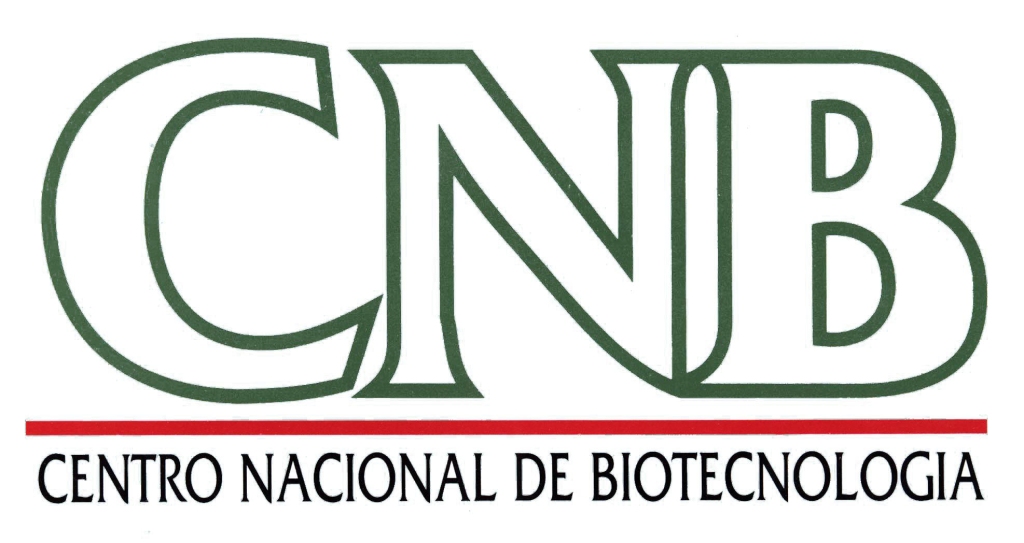
Contact
This work is been carried out in the CNB research centre (Spain)
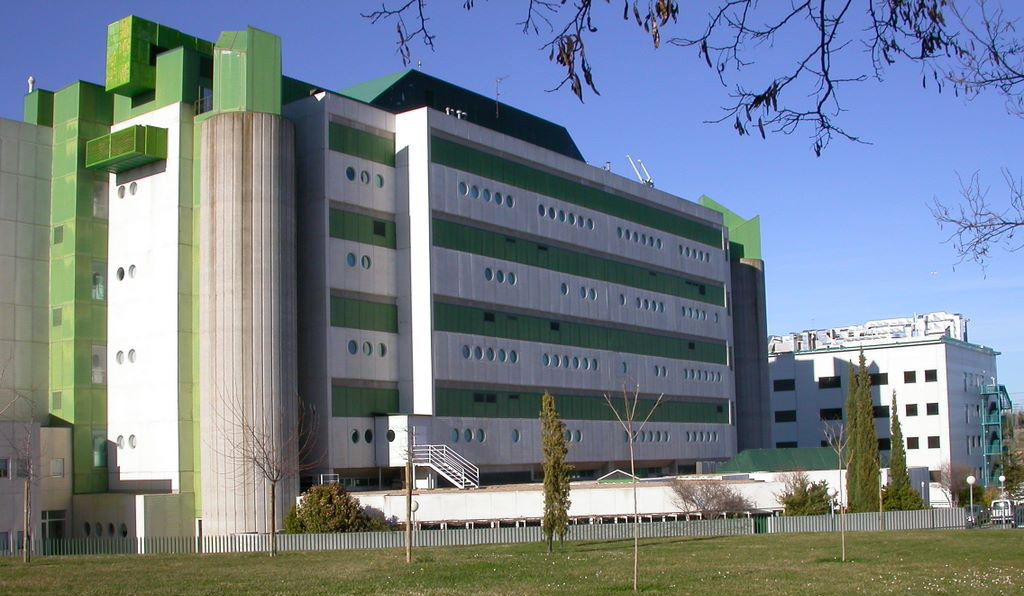
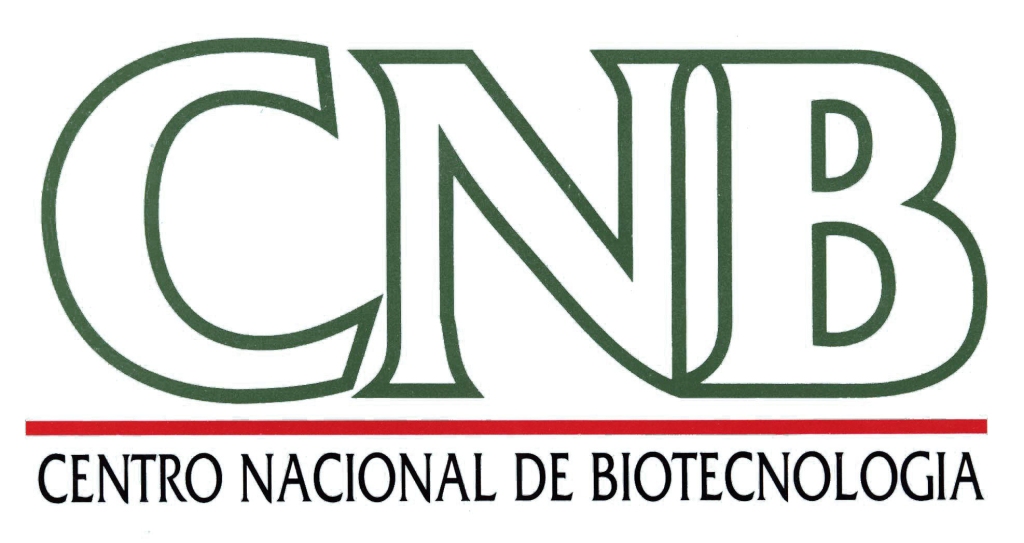
Dr. Ana López Sánchez
Department of Plant Molecular Genetics
Centro Nacional de Biotecnología, CSIC
Campus de Cantoblanco
C/ Darwin 3
Madrid 28049, Spain
phone: 34 91 5854531
fax: 34 91 5854506
Thoughts? Please, contact us!